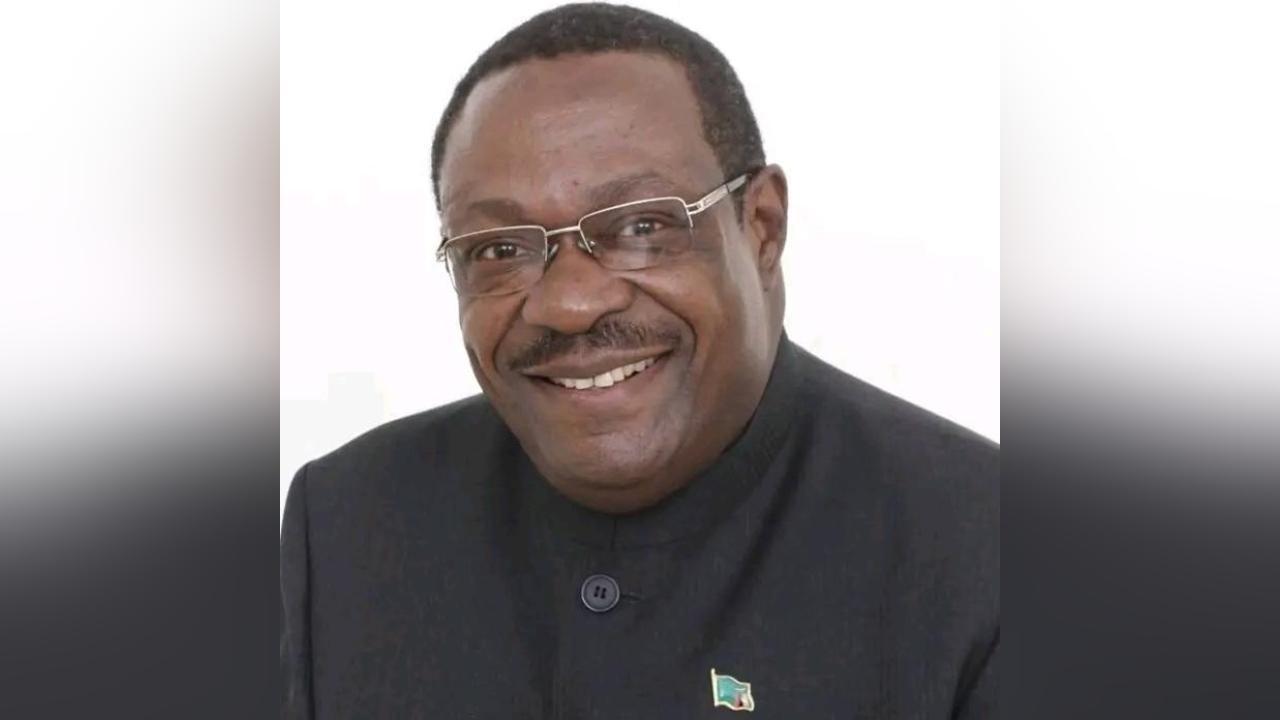Africa-Press – Zambia. Government assurances of economic recovery and strong growth projections are struggling to gain credibility among ordinary Zambians who continue to grapple with rising costs, erratic power supply, and stagnant wages.
Appearing on the Tuesday edition of Emmanuel Mwamba Verified (EMV), Dr. Sebastian Kopulande, former Chembe MP and ex-Special Assistant to the President, cautioned that Zambia’s projected six percent growth bears little resemblance to the realities households face.
“The economy does not grow from what I say or wish,” Dr. Kopulande told host Emmanuel Mwamba. “It grows from what people produce. How do you talk about six percent growth when the population only has access to power for five hours a day?”
While government ministers highlight debt restructuring, copper production, and community development funds as markers of progress, analysts argue that optimism is undermined by persistent blackouts, inflationary pressures, and limited job creation.
Independent surveys reinforce this disconnect. An Afrobarometer study published in March 2025 found that most Zambians described the economy as “fairly bad” or “very bad,” with more than half citing the soaring cost of living as their greatest concern.
The Jesuit Centre for Theological Reflection (JCTR) has also tracked rising household expenses. Its Basic Needs and Nutrition Basket showed the monthly cost for a Lusaka family of five at K11,272.97 in May 2025, rising above K11,600 by July. By contrast, average incomes often below K5,000 remain far short of the required threshold.
Dr. Kopulande stressed that Zambia’s financial system is not designed to support transformative growth. He argued that commercial banks, which prioritize short-term lending, cannot provide the scale of financing needed for mining ventures, industrialisation, agriculture, or housing.
To address this gap, he called for the creation of dedicated financial institutions, including a development bank, an SME bank, and an export-import bank, alongside sector-specific lenders tailored to agriculture and mining. Such institutions, he argued, would channel long-term capital into areas critical for sustainable development.
Live callers during the EMV program echoed public frustration. Patricia from Germany criticized government neglect of agriculture, while local contributors pointed to fuel prices, poor irrigation systems, and a lack of meaningful employment opportunities. Some even asked Dr. Kopulande if he was prepared to assume a leadership role in the opposition.
For now, the government continues to emphasize milestones such as free education, decentralisation, and debt restructuring. But with electricity shortages unresolved and wages trailing behind food and energy costs, many Zambians remain unconvinced. As Dr. Kopulande warned, “The danger of self-deception is that you fail to fix what is broken because you believe it is not.”
For More News And Analysis About Zambia Follow Africa-Press







